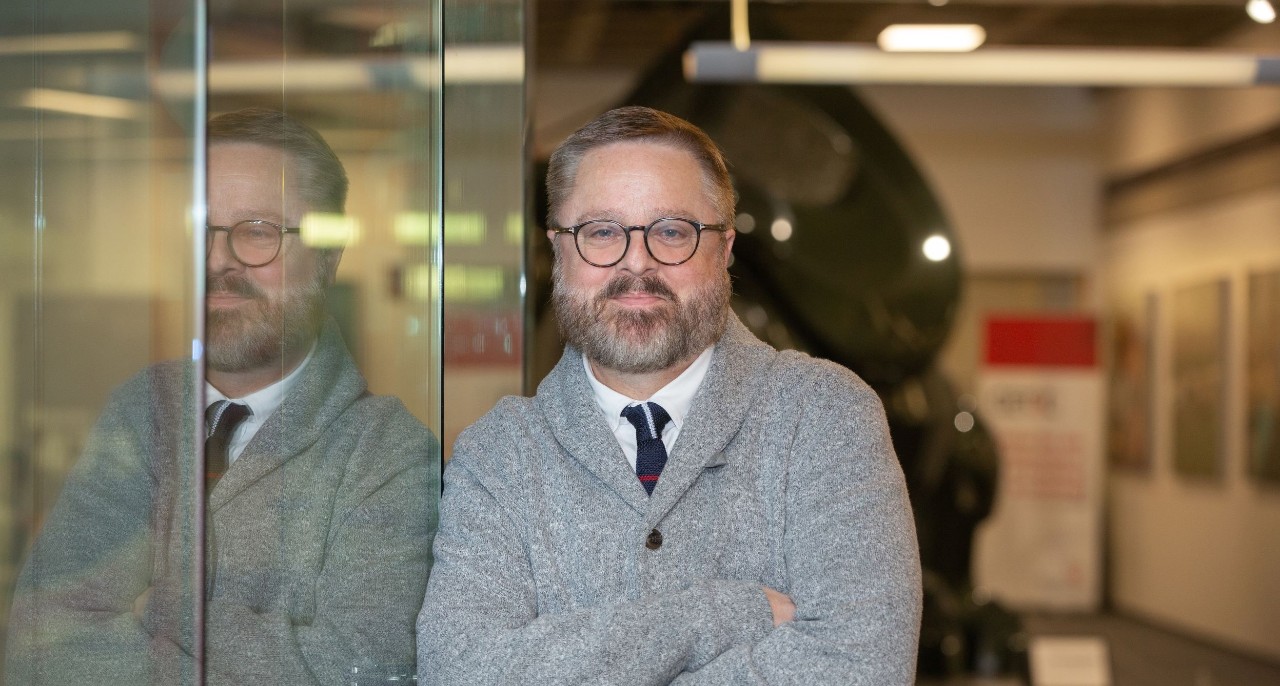
Misinformation is having its moment in 2024 election
UC journalism professor talks to WVXU about how to gauge veracity of campaign claims
WVXU's Cincinnati Edition spoke to a University of Cincinnati journalism professor about ways misinformation is being used to political advantage in the 2024 presidential election.
UC College of Arts and Sciences Professor Jeffrey Blevins said artificial intelligence is helping to spread falsehoods by targeting users who are likely to engage with particular content.
“The algorithm wants to keep you engaged so it puts content in front of you that you will like or comment on. And that tends to be things that push our emotional buttons,” Blevins said.
Blevins also teaches political science in UC's School of Public and International Affairs. He is author of the new book “Social Media and Digital Politics: Networked Reason in an Age of Digital Emotion.”
Blevins was joined on the show by Case Western Reserve University law professor Eric Chaffee. Chaffee said exaggerations, half-truths and whoppers have a storied history in American politics. The news media plays a big role in fact-checking statements, he said.
But Blevins said everyone should greet the messages of political campaigns with at least some skepticism.
Listen to the Cincinnati Edition episode.
Featured image at top: WVXU's Cincinnati Edition took up the question of misinformation in the 2024 election. Photo/Unsplash

UC College of Arts and Sciences Professor Jeffrey Blevins is co-author of the new book “Social Media and Digital Politics: Networked Reason in an Age of Digital Emotion.” Photo/Andrew Higley/UC Marketing + Brand
More UC Journalism in the news

A UC professor tracks misinformation in the 2024 election. Photo/Unsplash
Related Stories
Clifton Court Hall grand opening garners detailed media coverage
September 20, 2023
The University of Cincinnati celebrated the opening of Clifton Court Hall on Tuesday, Sept. 19, with a ribbon cutting, attended by approximately 200 administrators, faculty, staff and students. The event was covered by multiple media outlets.
USA TODAY: Fact check: Identical injured dog posts are a viral scam
October 21, 2022
UC social media expert cited in USA Today explains how social media posts can be replicated to see who might be vulnerable to sad stories such as a dog getting hit by a car. Use caution and verify posts through outside sources, says Jeffery Blevins, professor and head of UC's Department of Journalism.
INSIDER: Here's everything TikTok says it's doing to fight misinformation
August 18, 2022
Business Insider article on TikTok's new policies to confront misinformation cites UC social media expert Jeffery Blevins
